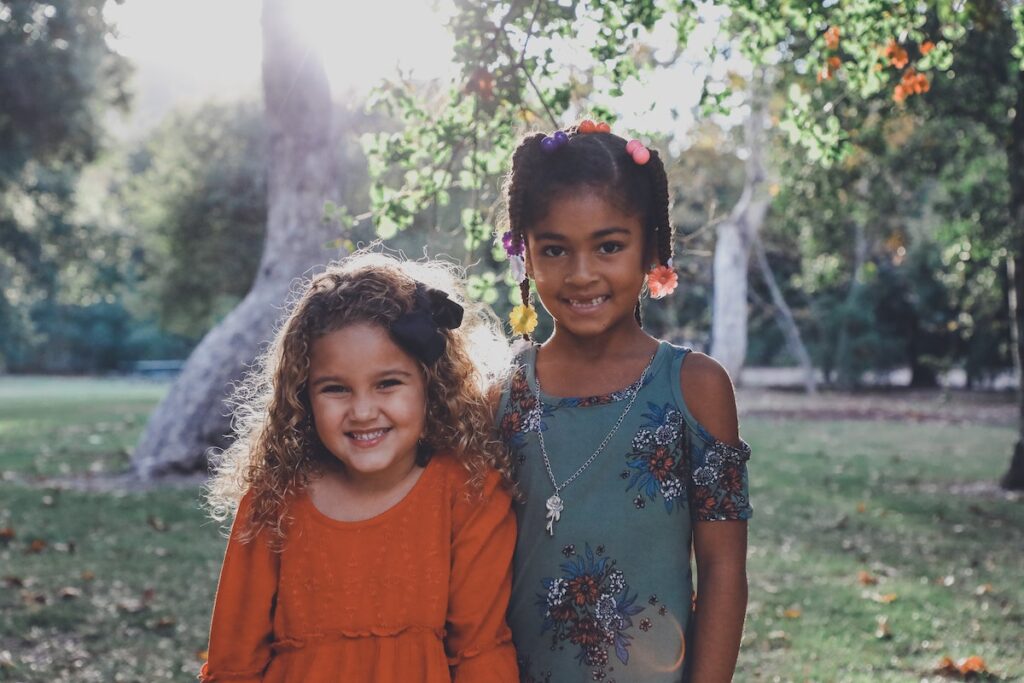Counselling for children in a pandemic
When people think about counselling, they often imagine what they’ve seen on tv or in movies – an office, someone lying on a sofa, perhaps a figure nodding and silently writing in a notepad. It’s not surprising then that many, including parents and teachers, can find it hard to picture how that model might work for a six-year-old.

Place2Be is a charity that provides school-based mental health services across the UK for children aged four to 16. We use creative tools such as art and play to help children express their thoughts and feelings, even when they can’t put them into words.
We take an ‘integrative’ approach, bringing together different strands of therapeutic thinking to support the development of each child.
Our work is guided by three core principles:
- Building relationships – in the Place2Be room (a therapeutic relationship based on trust) and outside (positive relationships with others).
- Developing self-awareness – for our mental health professionals (so they can provide effective support) and clients (to help them manage their emotions).
- Encouraging play – as a ‘language’ for children and adults that allows them to explore feelings and gain new understanding.
As a face-to-face service that is built on relationships and being ‘present’ for a child, the pandemic and resulting school closures posed an enormous challenge.
Focusing on the basics, and being flexible
In the early days of the first lockdown, our frontline teams worked tirelessly to rapidly adapt our ways of working so that children and families could still receive the support they urgently needed. We provided telephone support – almost 35,000 calls in total – for young people, and parents of younger children. We heard from single parents who would tell us we were the first call they’d received while home alone with their children.
We quickly realised that it was important to cover the basics. Loneliness and isolation were common themes for both young people and parents, but another of the most common discussion topics for parents and carers was meeting basic needs such as sourcing food. One of the dads we supported revealed that he and his daughter were living without a fridge. Thankfully, our clinician was able to connect him with the school’s team who equipped the family with a fridge, regular food voucher deliveries and school textbooks.

More recently, as children have been back in school, we’ve adapted again to the important health and safety restrictions. In some cases, our therapy rooms are too small to be used while social distancing, so we’ve had to be creative to find other suitable spaces around schools. In others, the room and all the materials have to be deep cleaned between each session.
We’ve removed soft furnishings and anything that can’t easily be cleaned and, instead, provide each child with a personal box with basic materials such as paints, lego and a soft toy. Many of our frontline teams have been pleasantly surprised by how much can be achieved with just some basics compared to the array of materials they were used to before.
Building the children’s mental health workforce
The pandemic has undeniably highlighted what Place2Be has believed for over 25 years – that schools are on the frontline when it comes to supporting children’s mental health. Teachers have a crucial part to play as role models, promoting good mental health and self-care, and spotting when issues may be arising at an early stage.
But teachers cannot be expected to become mental health professionals alongside all of their other responsibilities. They cannot do it alone. That’s why embedding a mental health professional in the school, who can work alongside staff as well as directly supporting pupils and their families, is so beneficial.
Place2Be offers counselling placements for those at an advanced stage of their therapeutic training, to gain vital experience working with children and young people in the school environment. We believe this is an important way to build a children’s mental health workforce, ensuring more schools are able to employ highly skilled and experienced mental health professionals.
Adisah is a former counsellor on placement for Place2Be who initially trained in working with adults. “Place2Be’s child-centred model meant that I was able to train and focus on understanding children and their language. It enabled me to have the competency to work with children in a way which naturally feeds into adult counselling.”

She also reflected on how her experience working with children has influenced her adult practice. “We must remember, all adults were children once, so it has allowed me to empathise with adults more, as I am able to connect with my inner child and theirs, due to the training I received.”
We don’t know what the long-term mental health impact of this pandemic will be. Our school-based mental health professionals estimate that 85% of the young people we support have been negatively affected. But, when therapists and education professionals work closely together, creating an environment which builds resilience, and promotes self-care and seeking help when needed, at least we can equip children and young people with the life skills they need to be able to weather the storm.
Place2Be is a children’s mental health charity providing in-school support and expert training for schools across the UK. Working in partnership with schools, teams of mental health professionals help to create a culture of openness and promote positive mental health. Place2Be is grateful for its generous supporters, including the People’s Postcode Lottery.
Read 6 ways to support children’s mental health this winter on Happiful.

Find a therapist dealing with Child counselling
All therapists are verified professionals





